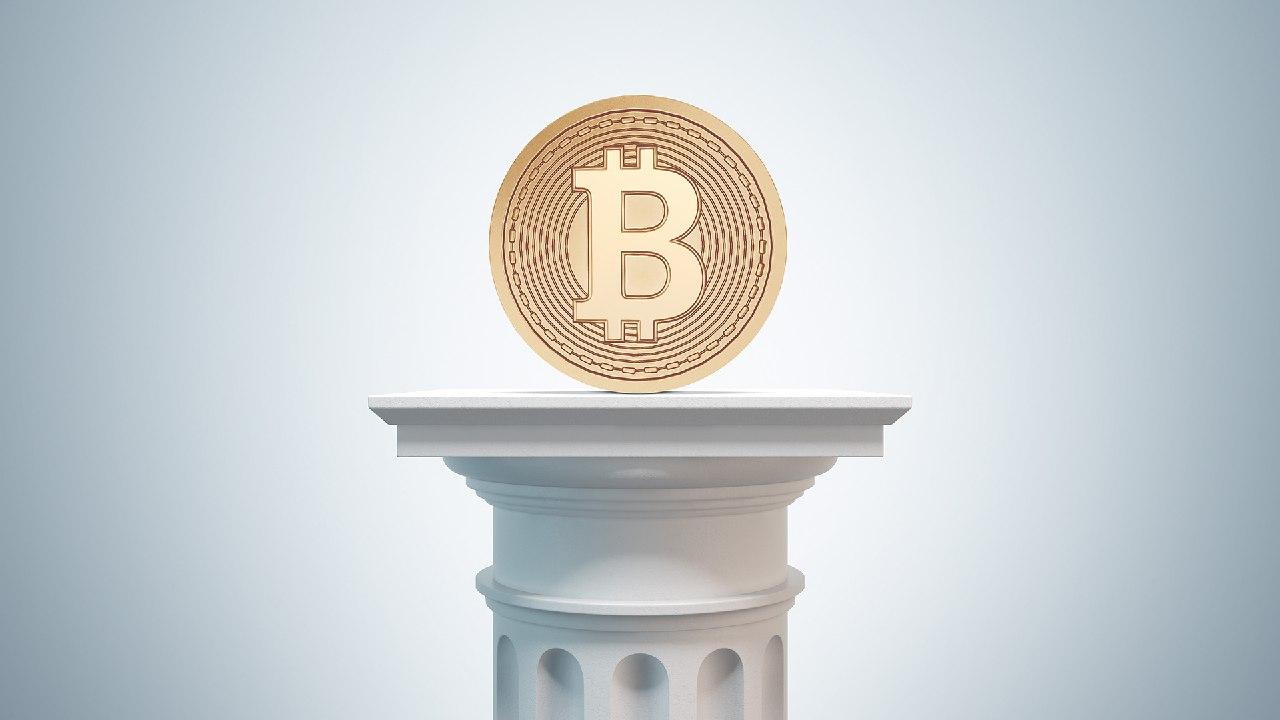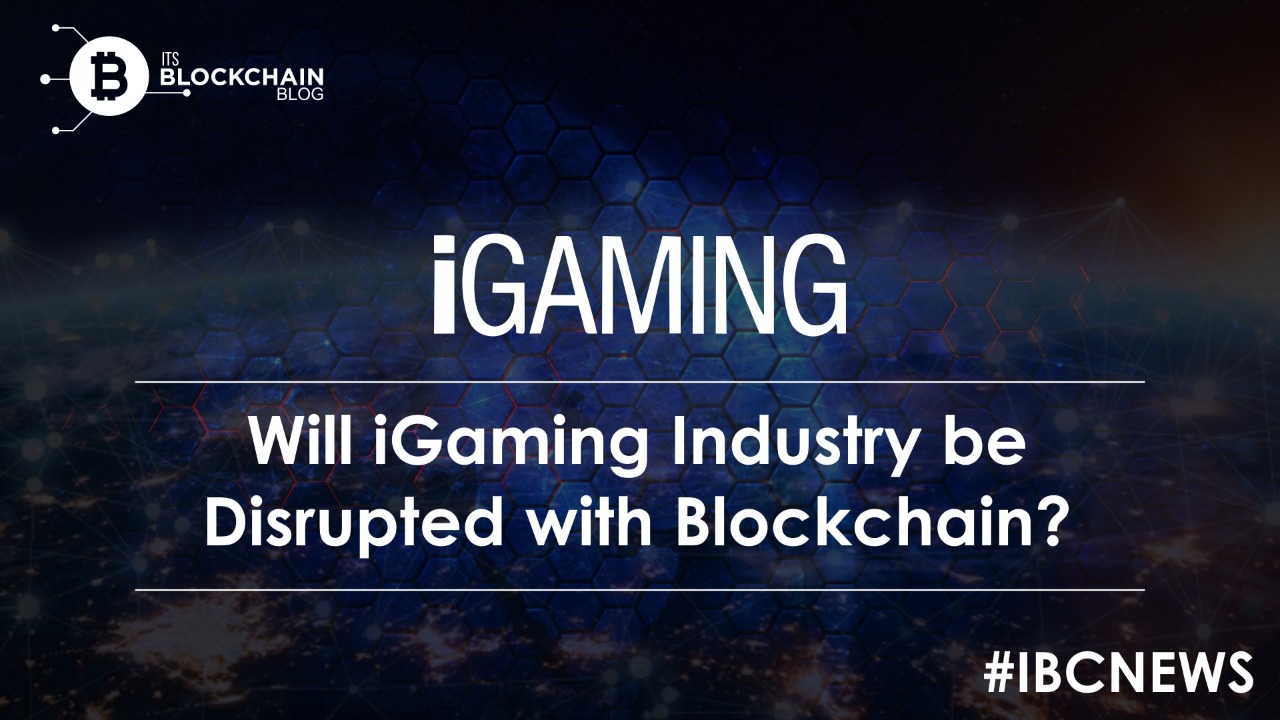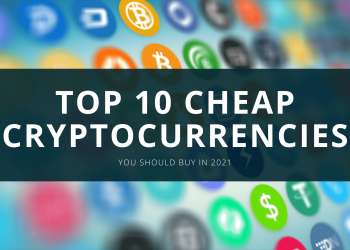iGaming is a fast-growing market which attracts more customers from year to year. It usually implements all the latest technological solutions and is among the first to try out and adopt new approaches. Blockchain is one of the most promising innovations that is entering the world of online entertainment, as well as other fields. Primarily known because of cryptocurrencies, how can it transform iGaming? Let’s find out how they interact with each other and what can we expect from gambling built on blockchain technology.
Basic things to understand
Let’s first learn some basics about web-based gambling and decentralized systems powered by blockchain.
iGaming
This industry includes all gaming platforms on the Internet. The largest part of it is represented by online casinos, bookies, and lotteries. Online gambling is on its way to outperforming land-based facilities when it comes to the number of customers or revenues. More and more players switch to desktops or mobiles as they are more convenient.
Blockchain
Simply put, blockchain is a decentralized database which consists of numerous points keeping the same copies of the entire system. Thanks to blockchain, it’s possible to record transactions and make them irreversible and transparent. This technology removes middlemen from any processes like money transfers because users can send and receive data directly. Finally, blockchain utilizes highly effective encryption.
The most famous product based on decentralized architecture is cryptocurrency. Bitcoin is the first currency of this type but there are numerous other examples. Users can transfer cryptos using special encrypted wallets without any financial institution’s assistance or governmental control.
Potential changes
The world of innovative tech is very changeable, and we can’t be sure about any forecasts. We can somehow rely on analysts opinions – read some articles by Martyn S. from Digital Origin, Mario Acevedo from Blockverse, and Layla Ali from Clarion Events. Industry experts will help define how decentralized systems affect iGaming.
Blockchain in iGaming
Knowing about its main features, we can predict that blockchain-based casinos will be more trusted and more secure both for owners and gamblers. With decentralization, gamblers could check the fairness of the chosen casino by exploring information about RNG (Random Number Generator) and RTP (Return to Player) saved in the chain. Finally, blockchain casinos will not require any sensitive data, providing customers with a great level of privacy.
The ideal system may be powered by smart contracts (algorithms with predefined rules) which will ensure the correct payouts and the general reliability of the platform. With smart contracts, betting and withdrawing will be way faster than the current payment systems allow.
As for casinos’ owners, with the power of blockchain, they won’t worry about fraudulent advantage because nobody would be able to manipulate numbers in games. Also, they can build more effective marketing strategies and more personalized ads because blockchain allows for improved data collection, processing, and analysis.
Here are some examples of successful gaming projects that utilize this technology:
- Funfair.io – an instant, transparent, and cheap platform powered by smart contracts.
- vDice – one of the oldest blockchain gambling platforms with several games.
- TrueFlip – global anonymous decentralized lottery platform with open source code.
- Quanta – another blockchain-based lottery which utilizes smart contacts.
- Wagerr – sports betting website with a unique native token.
Must Read – Gamer-earned digital goods on Blockchain could be a trillion dollar opportunity
Cryptocurrency in iGaming
Apart from blockchain itself, casinos can benefit from using cryptocurrencies. It means that traditional centralized websites start accepting crypto like BTC or ETH instead of (or together with) fiat money. This leads to faster payments with improved anonymity, as financial authorities can’t track or manipulate crypto transfers. This approach may be especially helpful for citizens of countries where gambling is prohibited or limited.
Most of the truly decentralized gambling projects issue their own cryptocurrencies and allow using them for betting. Along with them, platforms accept top coins as payments. The brightest example is Edgeless – the blockchain-based casino which has EDG token but also supports BTC and ETH.
Conclusion
It’s hard to be sure, but there are chances for blockchain to disrupt the industry totally by destroying centralized websites and attracting visitors to decentralized alternatives. Blockchain-based websites are not that popular at the moment but they already offer a lot of attractions: transparency, anonymity, uncorruptedness.
While this technology is mostly used in finances and facilitates payments, making them faster, cheaper, and more secure, this is about time for its active integration into online entertainment and casinos specifically. Cryptocurrencies created on the basis of blockchain are already used for money transactions in gaming, while more structural shifts still remain to be seen. Both iGaming and blockchain are growing in acceptance and popularity, and the mix of these two can appear to be very fruitful. Who knows – maybe, starting from the players’ community, decentralized solutions will gain credibility among the majority of people and work its way to the worldwide implementation.
Similar – IQeon Monetizes in-game Achievements on the Blockchain

Hitesh Malviya is the Founder of ItsBlockchain. He is one of the most early adopters of blockchain & cryptocurrency enthusiast in India. After being into space for a few years, he started IBC in 2016 to help other early adopters learn about the technology.
Before IBC, Hitesh has founded 4 companies in the cyber security & IT space.
Subscribe to get notified on latest posts.




























